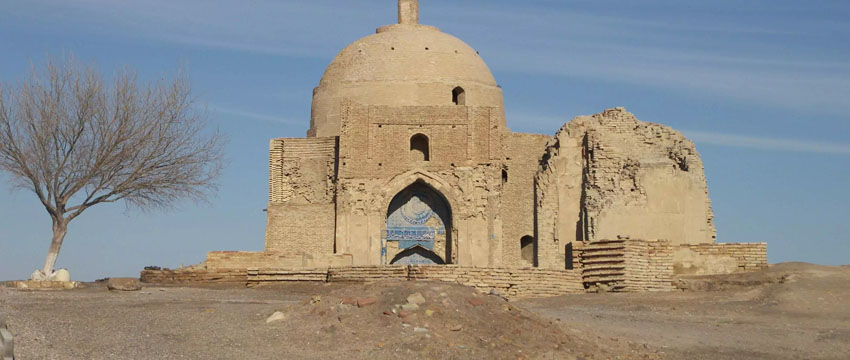The Emergence Of The Nation
Central Asia has been a silent spectator to several power shifts and rules. However, Turkmen culture and sociology have been an enticing factor in shaping Central Asian history.
Turkmenistan is a cradle of religions and culture and a whole lot of political tradition shaped the present of the country.
The emergence of its neighbours as powerful states also led to determining Turkmenistan’s economy, ecology and not to forget the governing system apart from their way of life.
The Russian invasion in addition to the Transcaspian Railroad and the Russian colonists also ended slavery in Turkmenistan. The conquests began in the year 1881 marked by the Battle of Gok Tepe. However, the Russian army continued fighting until their win over the land of Merv in 1884.
Women and children were slaughtered ruthlessly during the wars and battles fought against Russian invasion at Gok Tepe. The day is marked as 12th January day of commemoration. It is also celebrated by the prayers at the extravagant mosque that was erected near the site of the massacre.
The massacre lit bad experiences that have cultivated a sense of Turkmenness as nationality that in all respects is much stronger than the sense of Turkishness.
National Identity
The establishment of the Russian Federation after 1917 after the formation of the Turkmen SSR brought in a new era of Turkmenistan identity and culture.
Forced collectivization led to Turkmen people losing their land and gradually nomadism came the point of extinction in Turkmenistan. This also marked the beginning of cotton cultivation as the main product out of agriculture.
Religious leaders who made not only intellectual but also fair military decisions were brought down from their position. All the religious and political structures were attacked and turned into ruins.
Independence Of Turkmenistan
The breaking up of the Soviet Union gave way to the independence of Turkmenistan on 27 October 1991. The chairman of the Supreme Soviet since 1985, Saparmurat Niÿazov became the president of the country and was renamed as the “President for life” in December 1999.
The Turkmen have been evolving since then, working to forge a place for themself in the global community and have gradually learned to run a modern and sovereign country carrying their identity by redefining their national culture. Turkmenistan has been establishing better relations with its neighbors like the potential investors in the West, Iran and the United NationsOrganization.
Introduction of western culture and modernization has always altered the way of living in the Soviet and Central Asian countries. Sovietization further led to transforming traditional ways of the country. Call us or visit our website to learn more about the history of Turkmenistan, its gradual evolution and to book your tickets now.
